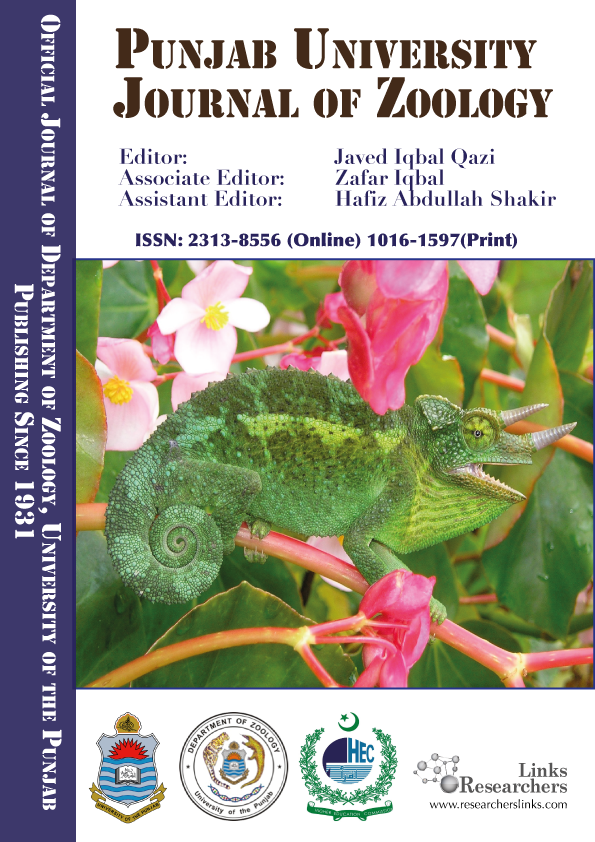1Applied Entomology and Medical Toxicology Laboratory, Department of Zoology, Government College University, Lahore, Pakistan
2Department of Chemistry, Government College University, Lahore, Pakistan
Corresponding author: Dr. Shaukat Ali, dr.shaukatali@gcu.edu.pk
ABSTRACT
Hyperlipidemia is a condition in which blood is overloaded with lipids. This condition is challenging for living beings. There are many ways to solve this problem but herbal medicines take on paramount importance in this regard. The purpose of the current research was to inspect the effects of an aqueous extract of Berberis lycium Royleroot bark on lipid profiles of Swiss albino mice in which diabetic phenotype was induced by alloxan. A single injection of Alloxan (150 mg/kg) was applied intravenously to induce diabetic phenotype. Alloxan induction raised the overall level of triglycerides, low density- lipids (LDLs), and cholesterol and reduced the level of high density lipids (HDLs). Oral administration of 200 mg/kg aqueous extract of B. lycium Royleroot bark for 28 days rescued all these changes. This study shows that the root bark extract of B. lycium Roylehas antihyperlipidemic properties.
Novelty Statement | This study reports that root bark extract of Berberis lycium Royle has very strong antihyperlipidemic properties.
To share on other social networks, click on any
share button. What are these?







